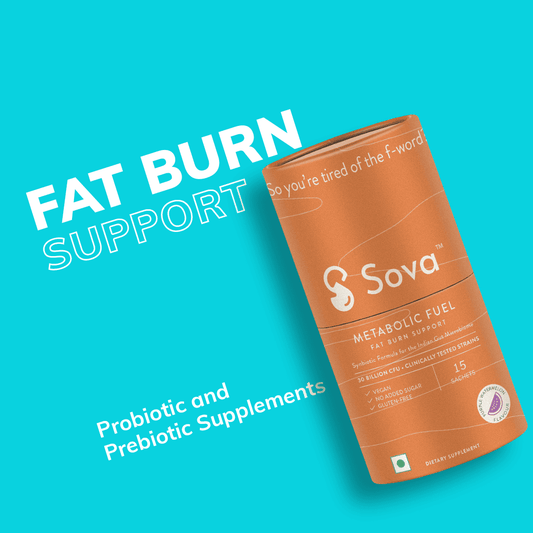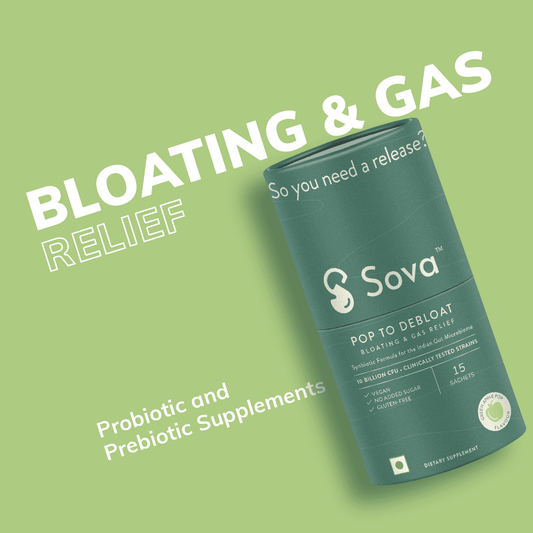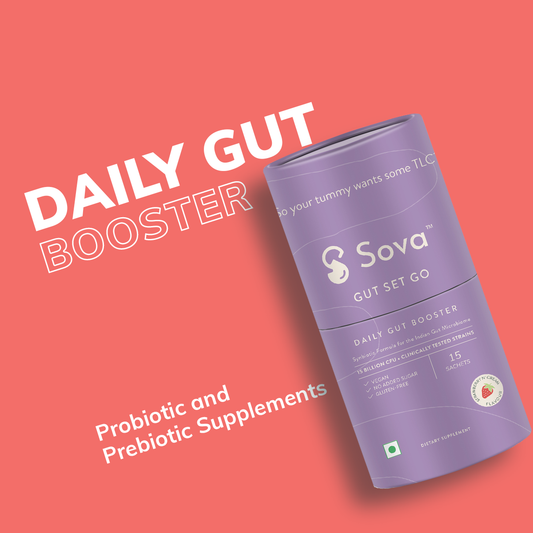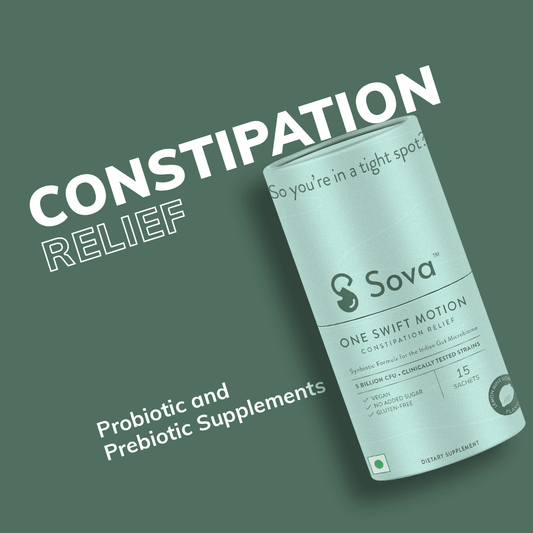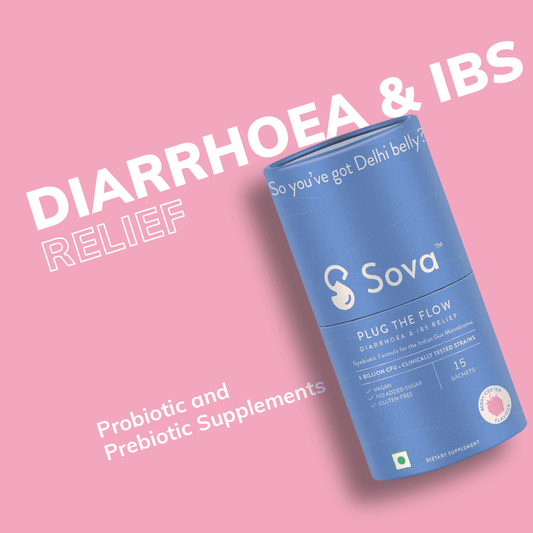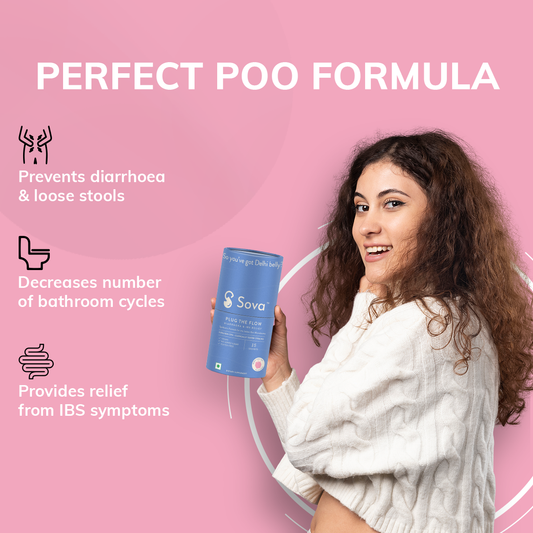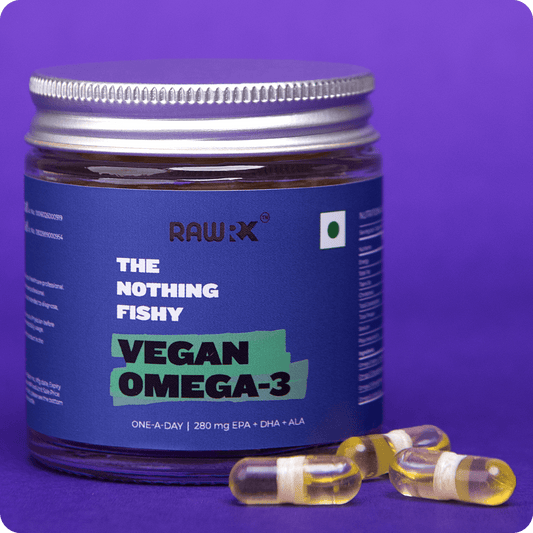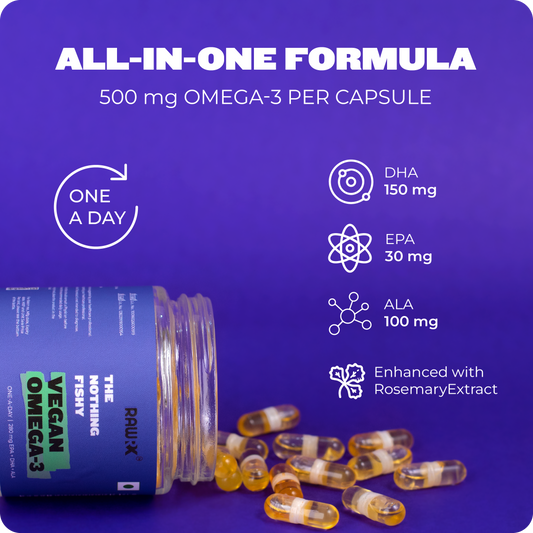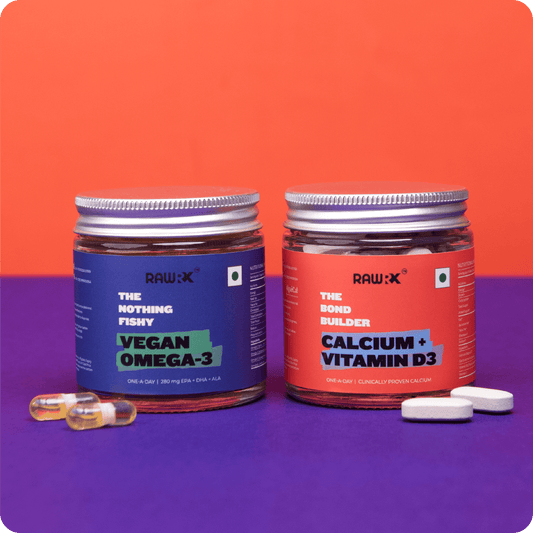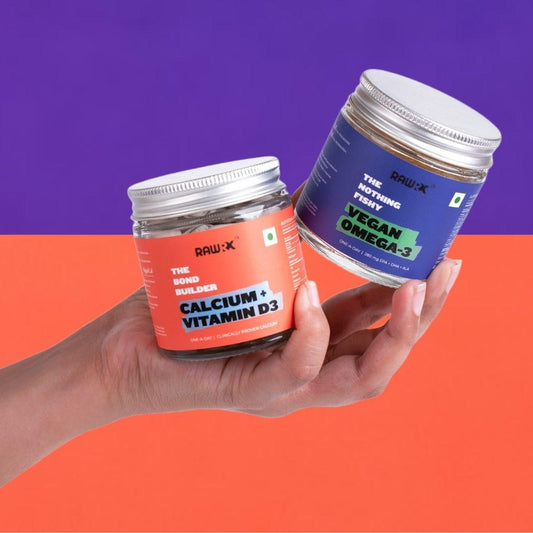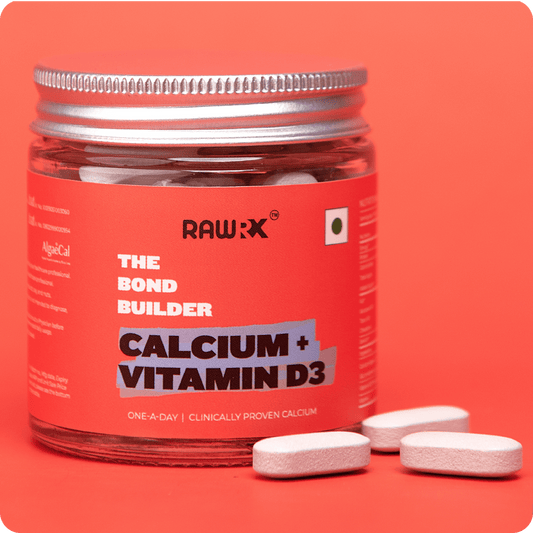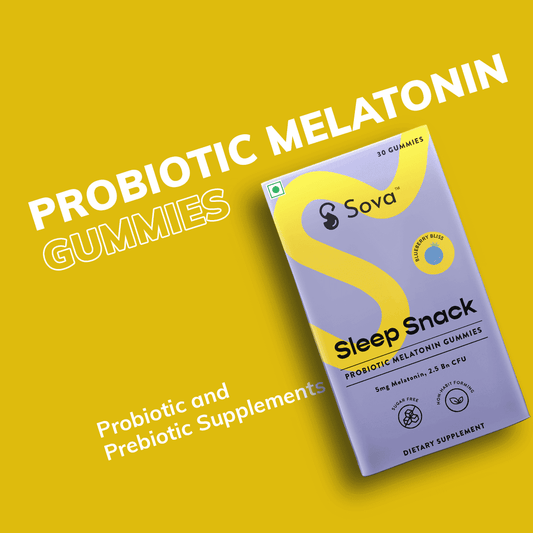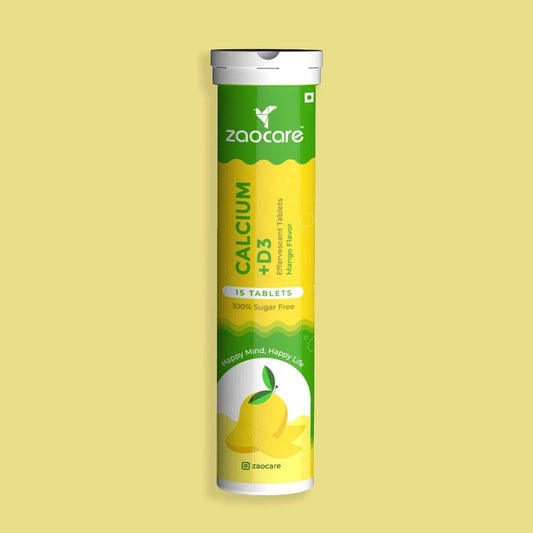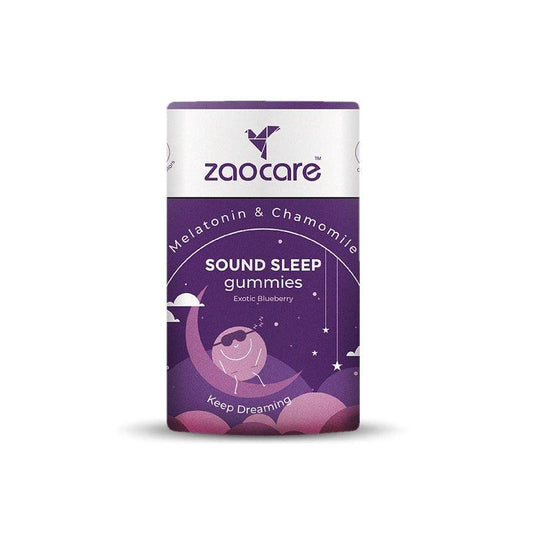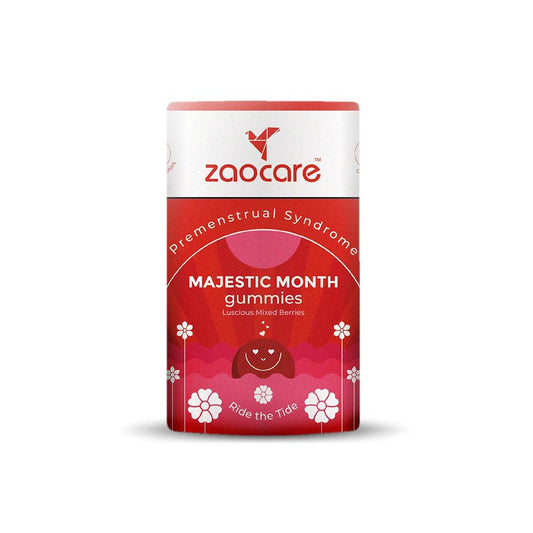About Supplements
Health benefits of Supplements
Supplements Nutrition per 100gm
Tips to make it healthier
Supplements - All Products
Regular price
Rs. 848
Sale price
Rs. 848
Regular price
Rs. 1,190
Regular price
Rs. 1,414
Sale price
Rs. 1,414
Regular price
Regular price
Rs. 707
Sale price
Rs. 707
Regular price
Rs. 745
Regular price
Rs. 250
Sale price
Rs. 250
Regular price
Rs. 349
Zaocare
Sound Sleep Gummies - Zaocare
Regular price
Rs. 630
Sale price
Rs. 630
Regular price
Rs. 899
Zaocare
Majestic Month Gummies - Zaocare
Regular price
Rs. 700
Sale price
Rs. 700
Regular price
Rs. 999
Sort by
- Featured
- Best selling
- Alphabetically, A-Z
- Alphabetically, Z-A
- Price, low to high
- Price, high to low
- Date, old to new
- Date, new to old



